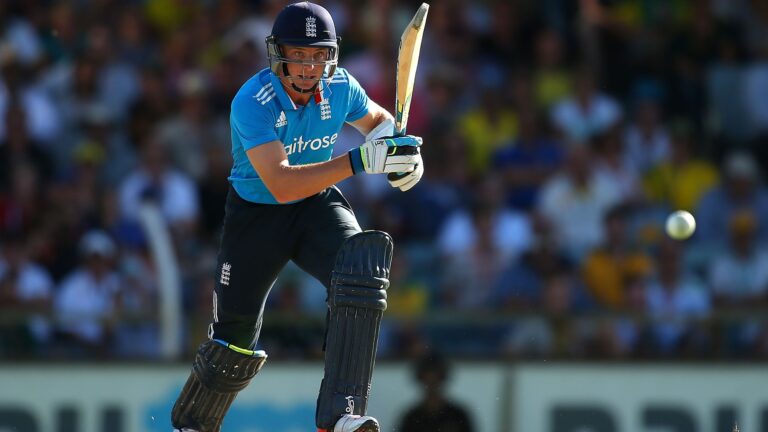The Role of Peer Support in Cricket Conditioning
bet bhai, cricket bet 99, diamondexch9:The Role of Peer Support in Cricket Conditioning
As a cricket player, your physical fitness is crucial to performing at your best on the field. Conditioning plays a significant role in ensuring that you have the stamina, strength, and agility needed to excel in this demanding sport. While individual training and coaching are essential, the role of peer support in cricket conditioning should not be overlooked.
Cricket is a team sport that requires collaboration and camaraderie among players. Peer support in cricket conditioning can provide several benefits that aid in improving overall performance. Here are some key ways in which peer support can enhance your cricket conditioning:
1. Motivation and Accountability: Working out with teammates can boost your motivation levels and make training sessions more enjoyable. When you have others pushing you to do your best, you are more likely to stay committed to your conditioning program. Additionally, having teammates to hold you accountable can help ensure that you stick to your training regimen.
2. Competition and Camaraderie: Friendly competition among teammates can push you to work harder and strive for continuous improvement. By training alongside your peers, you can challenge each other to reach new goals and push beyond your limits. This sense of camaraderie can create a strong bond within the team and foster a supportive training environment.
3. Feedback and Support: Training with peers allows for valuable feedback and support from those who understand the demands of the sport. Your teammates can provide constructive criticism, share tips, and offer encouragement to help you refine your techniques and overcome challenges. This collaborative approach can lead to greater growth and development as a player.
4. Team Building: Peer support in cricket conditioning can strengthen team cohesion and unity. By training together, players build trust, communication skills, and a sense of unity that can translate onto the field. Team building activities and shared experiences during conditioning sessions can help foster a positive team culture and enhance overall performance.
5. Social Benefits: Training with teammates can also provide social benefits that go beyond the physical aspect of conditioning. Building friendships and rapport with fellow players can create a sense of belonging and community within the team. This social support network can contribute to your overall well-being and mindset as an athlete.
6. Mental Toughness: Peer support can also play a role in developing mental toughness and resilience. Facing challenges and setbacks during conditioning with the support of teammates can help you build a strong mindset and overcome adversity. Together, you can push through tough workouts and build the mental fortitude needed to excel in high-pressure game situations.
In conclusion, peer support in cricket conditioning plays a significant role in enhancing overall performance and fostering team unity. By training alongside your teammates, you can benefit from motivation, accountability, competition, feedback, team building, social connections, and mental toughness. Embracing the power of peer support can take your cricket conditioning to the next level and help you reach your full potential as a player.
FAQs
1. How can I encourage peer support in cricket conditioning?
Encouraging open communication, teamwork, and a positive team culture can help foster peer support among players. Organizing group training sessions, team-building activities, and setting shared goals can also promote a supportive environment.
2. What if I prefer individual training over peer support?
While peer support can be beneficial, it’s essential to find a balance that works best for you. Incorporating both individual and group training sessions can help you reap the benefits of peer support while still focusing on personal development and specific goals.







